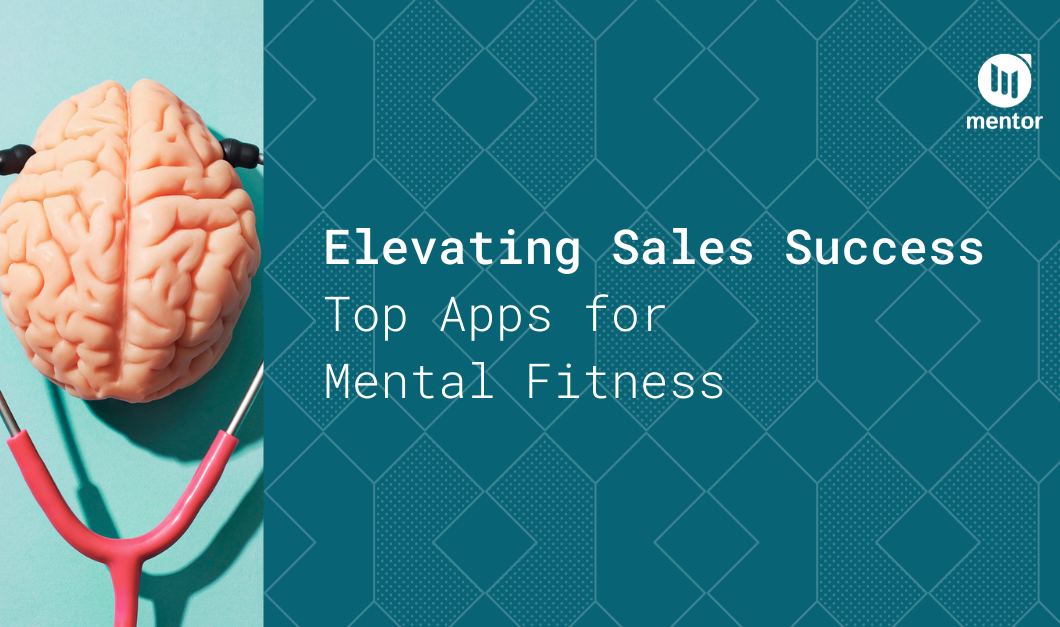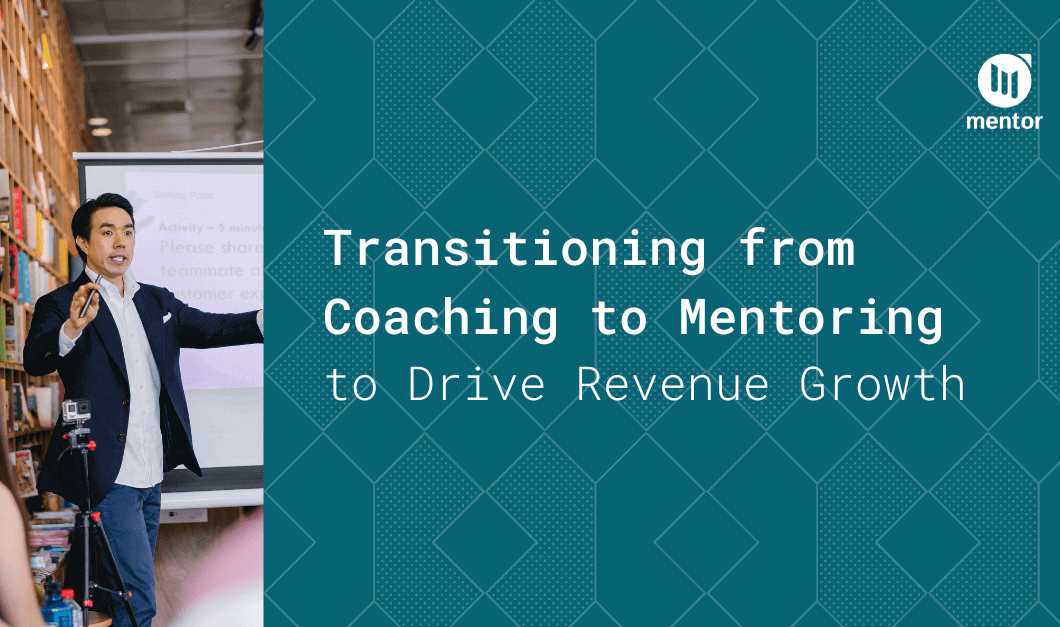In today's fast-paced business environment, sales success relies heavily on a combination of technical skills, product knowledge, and interpersonal abilities. One of the most important interpersonal abilities is emotional intelligence, or the ability to understand and manage one's own emotions and those of others.
Here are some statistics that demonstrate the impact of emotional intelligence on key sales performance metrics:
Increased sales: A study by TalentSmart found that salespeople with high emotional intelligence sell an average of $29,000 more per year than those with low emotional intelligence.
Improved customer satisfaction: Salespeople with high emotional intelligence are better equipped to understand and respond to customer emotions, leading to improved customer satisfaction. A study by Forbes found that salespeople with high emotional intelligence receive 8% more customer referrals than those with low emotional intelligence.
Higher close rates: Salespeople with high emotional intelligence are better equipped to overcome objections and close more sales. A study by Harvard Business Review found that salespeople with high emotional intelligence have a 15% higher close rate than those with low emotional intelligence.
Reduced turnover: Salespeople with high emotional intelligence are better equipped to handle stress and are less likely to quit their jobs. A study by Salesforce found that salespeople with high emotional intelligence have a 20% lower turnover rate than those with low emotional intelligence.
So, how can sales teams improve their emotional intelligence and drive better sales performance metrics? Here are some tips:
Provide training: Emotional intelligence is a skill that can be developed and improved through training and practice. Invest in emotional intelligence training for your sales team to improve their skills and drive better performance metrics.
Encourage active listening: Encourage your sales team to practice active listening, a key component of emotional intelligence. This means putting their own thoughts and opinions aside and focusing on what the customer is saying and feeling.
Model empathy: Lead by example and model empathetic behavior for your sales team. Show them how to understand and respond to customer emotions in a way that builds rapport and drives better results.
Foster a positive work environment: Create a positive work environment that promotes emotional intelligence and supports your sales team in their efforts to improve their skills.
Measure and track progress: Regularly measure and track the emotional intelligence skills of your sales team and provide feedback and coaching to help them improve.
In conclusion, emotional intelligence has a significant impact on key sales performance metrics such as sales, customer satisfaction, close rates, and turnover. By providing training, fostering a positive work environment, and regularly measuring and tracking progress, sales teams can improve their emotional intelligence and drive better results.







